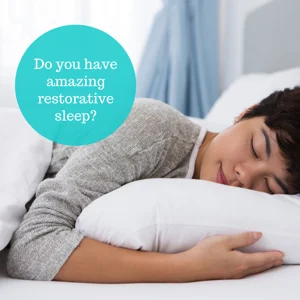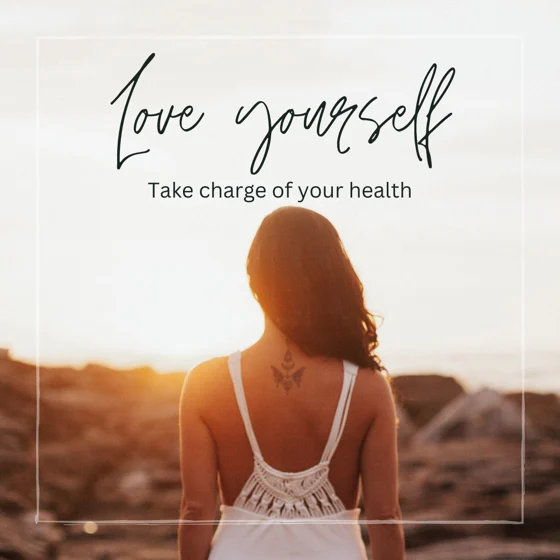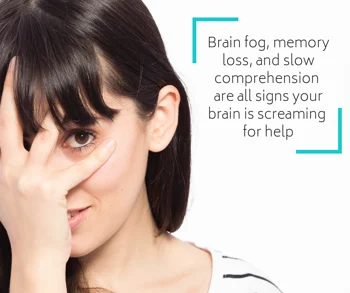
Kleinburg Integrative Health:
Articles
Articles

What Your Stress Level Has to do With Your Sleep
by Dr. Polina Mak, ND
April 2, 2019

Both cortisol and melatonin are important hormones for regulating our natural body rhythms.
What many people don’t realize is that cortisol and melatonin oppose each other. Cortisol, the so-called “stress hormone”, is elevated when the body perceives stress, leading to the rise of adrenaline in the body.
The perception of an event is the key trigger for a stress response of fight-or-flight, which produces a spike in cortisol, leading to a dysregulated Hypothalamus-Pituitary-Adrenal (HPA) axis. This HPA axis normally has a negative feedback loop to the brain to shut off further signalling, but it can become desensitized over time if there is chronic stress and the adrenal glands eventually ‘burn out’.
https://justgetflux.com/news/pages/macquickstart/
The brain signals the adrenal glands (which sit on top of your kidneys) to secrete cortisol and adrenaline during stress. Stress can show up in many forms including sleep deprivation, divorce, getting a flu, traffic or chronic inflammation. Elevated cortisol levels over time can lead to physiological dysfunction, which affects multiple systems including your sleep quality and circadian rhythm.
Speak with a naturopathic doctor to inquire about adrenal fatigue stage assessment and cortisol testing.
Melatonin is the sleep-promoting hormone that gets you ready for sleep. It should be most elevated at 3am as the graph shows, while cortisol should start to rise closer to waking. If you are having trouble waking in the morning or not feeling sleepy at night, there may be a circadian rhythm dysregulation where your cortisol-melatonin curve doesn’t look like the one above. Melatonin is produced by the pineal gland in the brain and controlled by our body clock. Elevated cortisol will suppress melatonin, making you feel “wired but tired” over time.
Tips to Promote Sleep:
- Screen free 1-2 hours before bed – light will suppress melatonin production, especially blue light emitted by cell phones, TV screens, laptops
- Create a calming bed routine ex. Sleepy tea, 5 min yoga stretch, 5 min meditation/deep breathing
- Avoid caffeine after 12pm, that includes coke, tea, and coffee
- Regular sleep and wake time, try to avoid sleeping in on the weekends
- Measure your sleep quality with a wearable device or app
- Lavender infuser in your room
- Only using the bedroom for sleep
- 8 hours of sleep per night
- Use a wake clock that simulates sunrise
- Aim to sleep before midnight, aim for 10pm
- Sleep in a dark room, with dark curtains
- Don’t turn on the bathroom light to go to pee, use a night light if needed
Please let me know if you need help or have additional questions.




